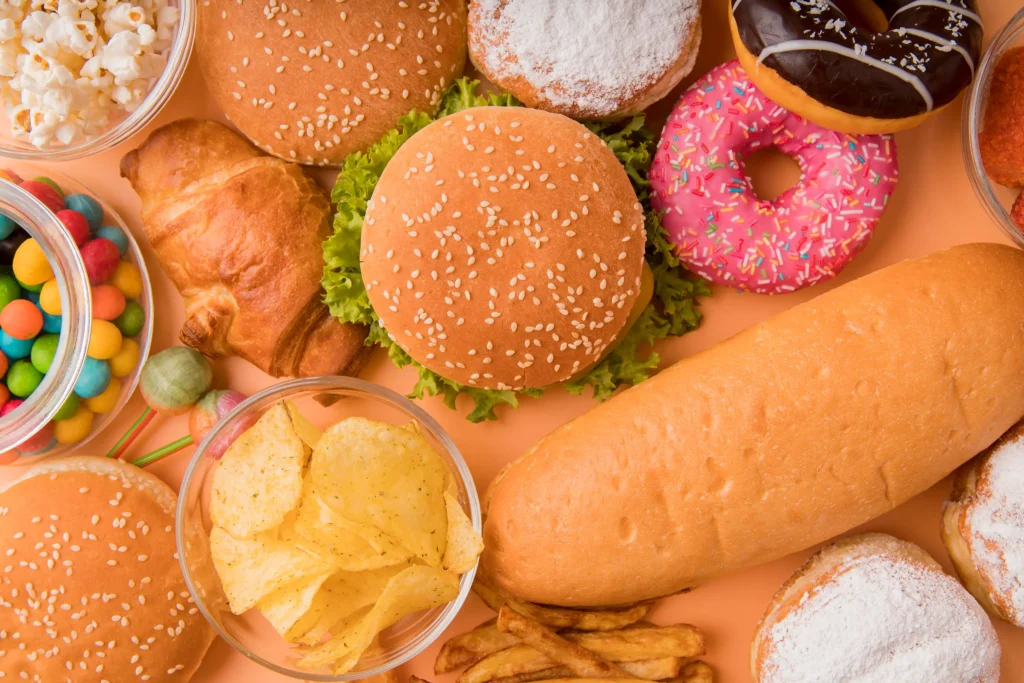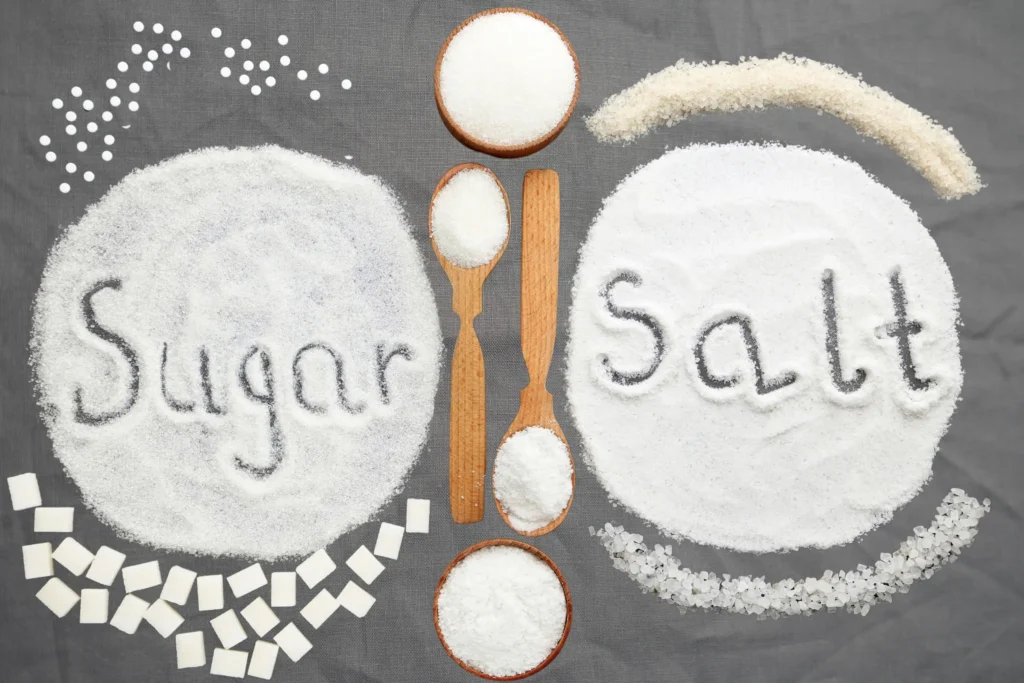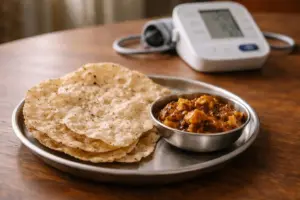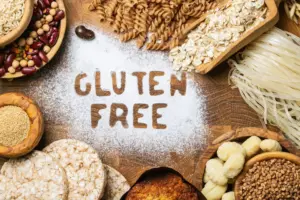
Salt vs. Sugar for BP: We all know that too much salt and sugar are not beneficial for our health. But when it comes to blood pressure, which one is worse? You might be surprised by the answer.
Understanding blood pressure
Blood pressure is the force of your blood pushing against your artery walls as your heart pumps. When blood pressure remains too high for an extended period, it can lead to health issues. Normal blood pressure is usually around 120/80 mmHg. If your blood pressure exceeds 130/80, it indicates that your heart is exerting more effort than it should.
Also Read | Cut the salt, not the flavour: 6 low-sodium foods for heart health
Salt and blood pressure
Salt, or sodium, has long been linked to high blood pressure. Consuming excess salt causes the body to retain water to maintain balance. This added fluid increases blood volume, which in turn raises blood pressure.
The World Health Organization (WHO) advises limiting salt intake to less than 5 grams per day. However, many people consume two to three times this amount, often unknowingly, through processed and packaged foods.
Common high-sodium foods:
- Chips and salty snacks
- Canned soups
- Instant noodles
- Bread and cheese
- Fast food and restaurant meals
Sugar and blood pressure
While salt has always been in the spotlight when it comes to hypertension, sugar is quietly causing trouble, too. Experts suggest that too much added sugar can also raise high blood pressure. Eating too much sugar leads to weight gain, which is a big risk factor for high blood pressure. Sugar also increases insulin levels, which can cause blood vessels to become less flexible.

The American Heart Association recommends no more than:
- 25 grams (6 teaspoons) of added sugar per day for women
- 36 grams (9 teaspoons) for men
But many sugary drinks contain more than that in a single can.
Common high-sugar foods and drinks:
- Soda and sweetened juices
- Flavoured yoghurts
- Cakes, cookies, and pastries
- Breakfast cereals
- Sauces and ketchup
So, which is worse for blood pressure patients: salt or sugar?
Salt raises blood pressure by causing the body to retain water, which increases blood volume. Sugar, on the other hand, contributes to long-term blood pressure problems by promoting weight gain and insulin resistance. If you already have high blood pressure, reducing salt is particularly important, while cutting down on sugar may have a greater impact if you are overweight. Limiting both salt and sugar is the best way to protect your heart and overall health.
Also Read | What not to eat if you have high blood pressure
Salt and sugar both influence blood pressure, but they aren’t harmful when used in moderation. The key is balance. Focus on eating fresh foods, staying active, managing stress, and practicing portion control.








